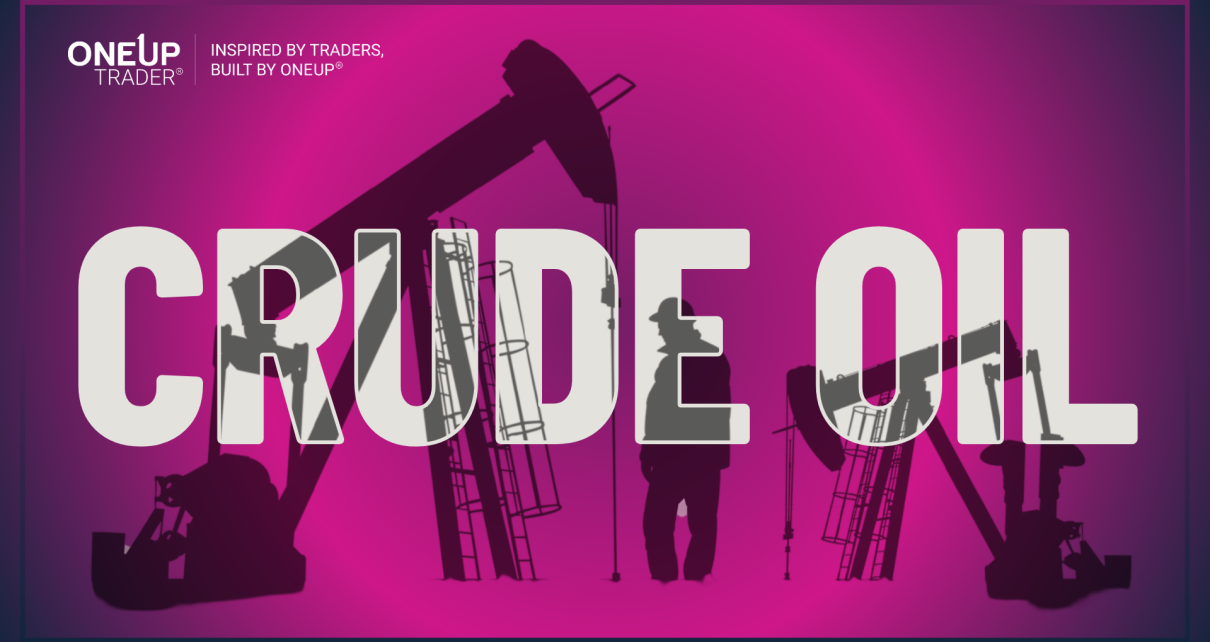- Data revealed that US crude inventories fell less than anticipated.
- The Fed raised interest rates by 0.25 percentage points.
- There are concerns about whether China will fulfill its policy pledges.
On Wednesday, oil prices dropped by approximately 1% due to two factors. Firstly, data revealed that US crude inventories fell less than anticipated. Secondly, the Federal Reserve raised interest rates by 0.25 percentage points. Earlier in the session, oil experienced a decrease of more than $1, despite reaching three-month highs on Tuesday.
WTI futures (Source: Nymex)
On Wednesday, the Federal Reserve implemented a 0.25 percentage point increase in interest rates. Fed Chair Jerome Powell emphasized that for inflation to “credibly” return to the US central bank’s 2% target, the economy needed to slow down, and the labor market had to weaken.
This rate hike marked the 11th increase in the Federal Reserve’s last 12 meetings, setting the benchmark overnight interest rate in the 5.25% to 5.50% range. The accompanying policy statement left room for the possibility of another rate increase.
Higher rates raise borrowing costs for companies and consumers, potentially resulting in slower economic growth and reduced oil demand.
Simultaneously, US crude inventories declined by 600,000 barrels last week, as the Energy Information Administration reported. This figure fell short of the estimated draw of 2.35 million barrels. It contradicted the American Petroleum Institute’s prediction of a 1.32 million-barrel build. Additionally, gasoline and diesel stocks also experienced lower drawdowns than expected, according to EIA data.
John Kilduff from Again Capital LLC in New York commented on the situation, describing the report as neutral to bearish. He also pointed out that the Federal Reserve’s rate hike could negatively impact demand and prices.
Over the past four weeks, oil prices have rallied due to signals of tighter supplies. This tightening was mainly attributed to output cuts by Saudi Arabia and Russia, and China’s efforts to bolster its economy. However, there are concerns about whether China will fulfill its policy pledges as the second-largest oil consumer globally.
Warren Patterson, the head commodities strategist at ING, emphasized the need to wait for actual policies to see if they meet expectations. Hiroyuki Kikukawa, president of NS Trading, a unit of Nissan Securities, added that the market would continue to grapple between tightening global supply and fears of a slowdown in demand due to the global economic situation.


